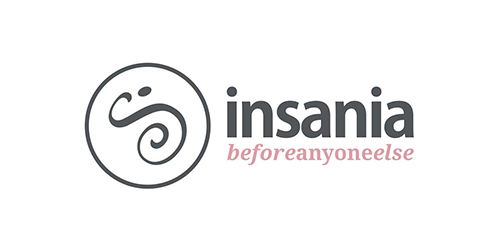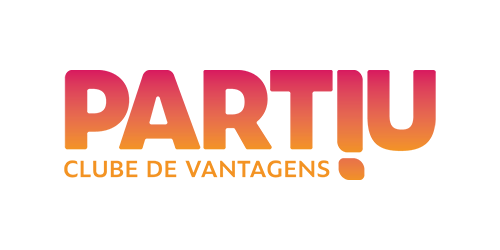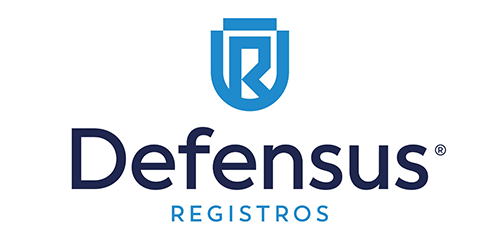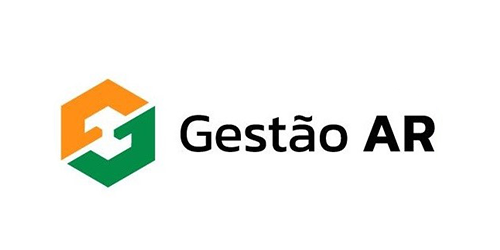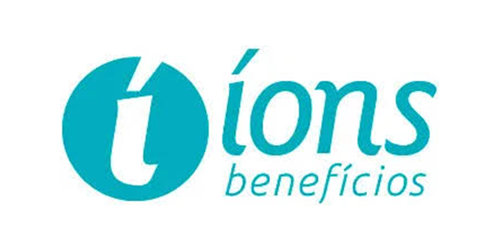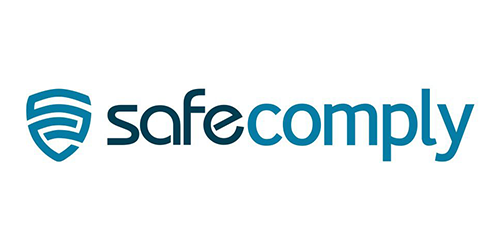Last September 1st, Fantástico, a weekly TV Globo show, broadcasted a program about a gang of embezzlers whose actions resulted in millionaire losses to INSS (Social Security Administration) treasuries.
Watch the full video by clicking this link!!!
By Edmar Araújo, CEO of AARB
The story presented by the program reveals a Brazil that has not yet worked. Our civil identification is one of the most shameful in the world.
We have no Single Registry, the databases of the state identification Institutes are not connected, and the death controls are way too far to be minimally acceptable.
As a result, a single person can legally have several IDs.
If there is no impediment to such situation, a window of opportunity will be opened for those who wish to harm the treasury and to provide massive resources to organized crime gangs.
Back to the TV program story, our main character´s name is Eduvirgem Alves Gomes, who acted as a stooge of a fraudulent scheme which stole millions of reais.
At the age of 71, the lady in an innocent and naive appearance used to go to bank branches to withdraw pensions in order to pass on the amounts to the gang leaders, the brothers Francisco and Leílson Alves da Silva who also worked with five more relatives.

Screen reproduction of the program Fantástico Network Globo Television mentioned in this article.
Rest assured: Ms. Eduvirgem had 322 false identities and received 322 INSS benefits. One single person got to put an enormous hole in the public account, and I am afraid to say there are many other Eduvirgens around, still unpunished, defrauding us.
But how is that possible?
Again: failed civil identification system, disconnected databases of the state identification Institutes and shameful (un)controlled deaths.
– Arresting this single gang, the Brazilian Federal Police got to identify more than 2,500 benefits of INSS with evidence of fraud, most of them involving names of people who have already died. Just to mention, fraudulent users got to withdraw almost half million reais by using the name of Carmen Muniz Leite, dead since 2010 –
Let us return to our topic.
The Brazilian Public Key Infrastructure (ICP-Brasil) allows people, companies, websites and equipment to have a unique, personal and non-transferable digital identity that, among other things, grants legal validity to acts performed from their use, which we call digital certificate.
Let´s use the shameful example of Ms. Eduvirgem to explain the importance of a face-to-face validation. Instead of attacking the INSS system, the gang of which Ms. Eduvirgem was the interface, could have targeted the Financial one. If it were possible to issue the digital certificate without the need for a presence of a Registration Agent, Ms. Eduvirgem, possessing the document, would have all the necessary peace and comfort to open a company (or 322) and make loans without being harassed, for example.
However, ICP-Brasil digital certificates are only issued in person
To issue a digital certificate, Ms. Eduvirgem would have to:
– go or request them to go to her to issue a digital certificate;
– have her biometrics collected;
– provide her documentation; and
– sign a term of ownership.
Ms. Eduvirgem shall repeat all the process whenever her digital certificate expires. What can be understood as a matter of mere bureaucracy, the ICP-Brasil sees this obligation of face-to-face renewal as legal certainty when citizens express their desire to have the digital certificate for themselves, their company, their website, their system and finally to be who they are on the world wide web.
And what about the deceased ones who hold digital certificates.
According to the INSS president Renato Vieira, there is something problematic on this.
“As a death certificate is registered at the Registry office, the INSS immediately becomes aware of that death. It turns out that there are lots of people, a huge number of people who are under-registered, so many deaths in Brazil, mainly in the rural area, don´t have a formal death record” (sic)
The face-to-face validation at ICP-Brasil mitigates the action of embezzlers, since there is only one single way to do it when being in front of a trained Registry Agent to operate the Certification Authorities systems´, which is the univocal and unambiguous identification.
It gives a relationship between someone and a pair of cryptographic Keys, but it also checks if at that time that person voluntarily and truly wanted to be the titleholder of a digital certificate.
If in other nations of the world, digital certificates can already be admitted remotely, it doesn´t mean the same may work here in Brazil. The main evidence for that is that civil identification out there is a success while, as we already know, here in Brazil it is a complete failure. Before proposing the debate about digital identities and their most innovative issuance models, we must broaden (and update) the old debate about civil identification with reliable biometric bases, interconnected between municipalities, states, Distrito Federal and the Union.







